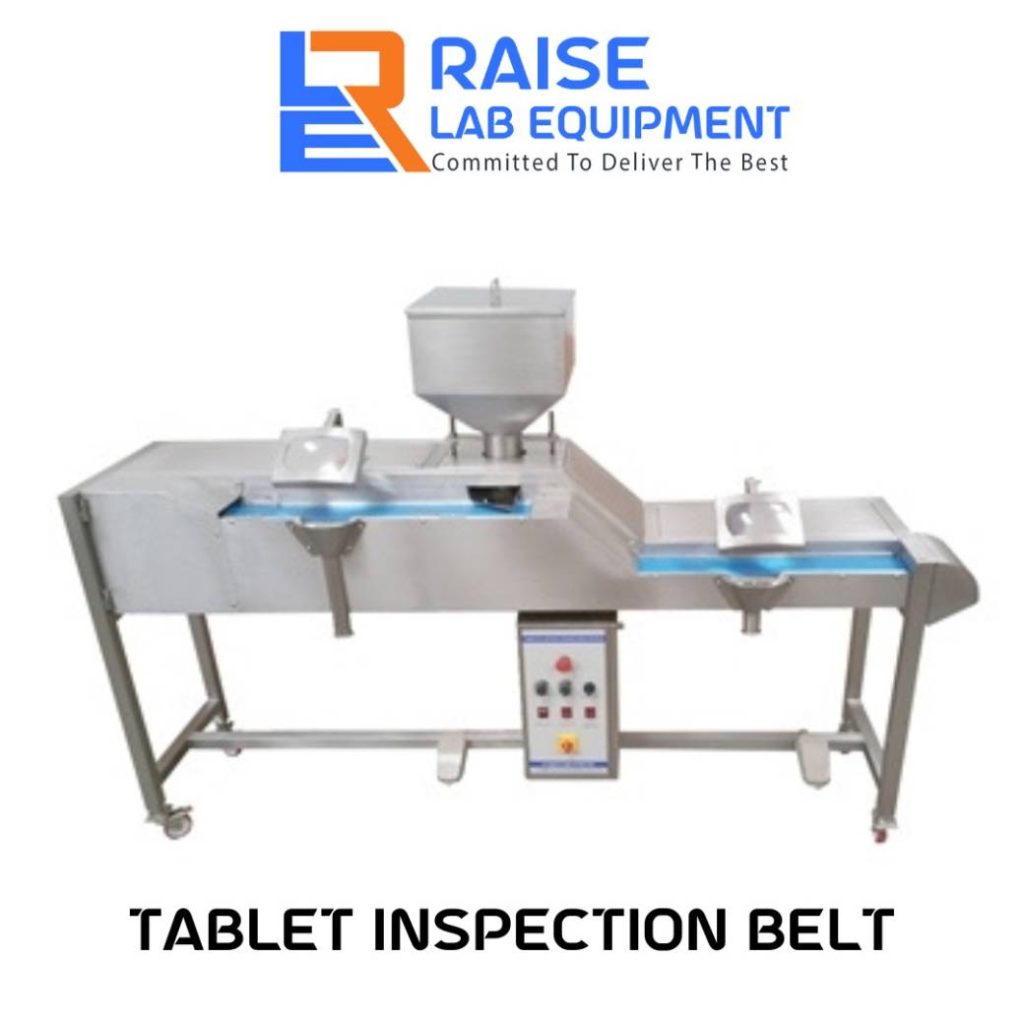In industries where product reliability is paramount, such as pharmaceuticals, automotive, and electronics, ensuring products are leak-free is critical. This is where Leak Test Apparatus plays a vital role. These specialized devices are designed to detect leaks and uphold stringent quality standards. This article delves into what Leak Test Apparatus are, how they function, and why they are essential for manufacturers across diverse sectors.
1. What is a Leak Test Apparatus?
A Leak Test Apparatus is a precision instrument used to detect air or fluid leaks in products. Commonly utilized in production and quality control, it ensures that finished goods meet safety and performance standards. Leak testing employs various methods such as pressure decay, vacuum, and tracer gas techniques, depending on the application requirements.
2. The Importance of Leak Testing in Manufacturing
Leak testing is crucial for maintaining product safety, reliability, and compliance with industry standards. Key reasons include:
- Ensuring Safety: In sectors like pharmaceuticals, even minor leaks can cause contamination or product failure, jeopardizing consumer safety.
- Minimizing Waste: Detecting leaks early in production prevents material wastage, saving time and resources.
- Standards Compliance: Leak testing is mandated by international safety and quality regulations, making it an essential process.
3. Types of Leak Test Apparatus
Different industries rely on various types of leak testing equipment to meet their specific needs:
- Helium Leak Detectors: Highly sensitive devices used for detecting leaks in vacuum systems or precision equipment.
- Pressure Decay Testers: These monitor pressure loss in a product to identify leaks.
- Bubble Emission Testers: Immersing a product in water to spot leaks through bubble formation, typically for larger defects.
4. Applications Across Industries
Leak testing is vital in many industries:
- Pharmaceuticals and Healthcare: Ensures that medical devices, sterile packaging, and environments are leak-free.
- Automotive Manufacturing: Detects leaks in components like fuel tanks, radiators, and air conditioning systems to prevent failures.
- Aerospace: Verifies the integrity of spacecraft, aircraft parts, and fuel systems.
- Food and Beverage: Confirms packaging seals to preserve freshness and prevent contamination.
5. How to Select the Right Leak Test Apparatus
Choosing the ideal Leak Test Apparatus depends on:
- Product Type: Consider the material, size, and complexity of the product being tested.
- Sensitivity Needs: High-precision industries require apparatus with advanced sensitivity and low detection limits.
- Ease of Use: Opt for equipment that is user-friendly, easy to calibrate, and efficient to minimize downtime.
6. Benefits of Using Leak Test Apparatus
Investing in leak testing equipment brings significant advantages:
- Enhanced Quality Control: Ensures products meet the highest quality standards, reducing defects.
- Cost Savings: Early detection of leaks avoids rework, scrap, and potential product recalls.
- Customer Trust: Reliable, high-quality products boost customer satisfaction and brand reputation.
Conclusion
Leak Test Apparatus are indispensable tools for maintaining product integrity and meeting industry standards. Whether in pharmaceuticals, automotive, or electronics, ensuring leak-free products is critical for safety, quality, and customer satisfaction. By selecting the right leak testing equipment, manufacturers can enhance their processes, reduce costs, and strengthen brand credibility.
